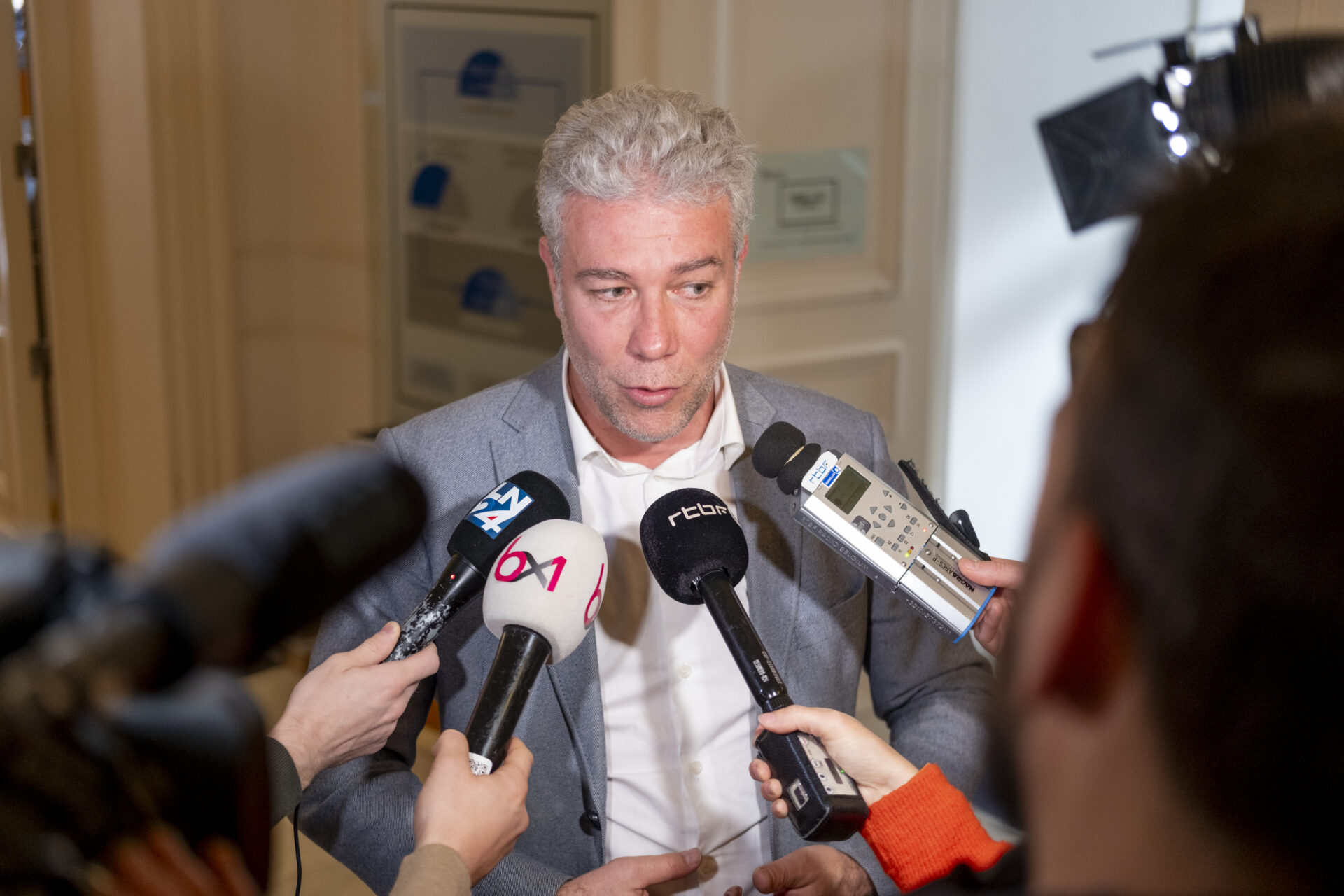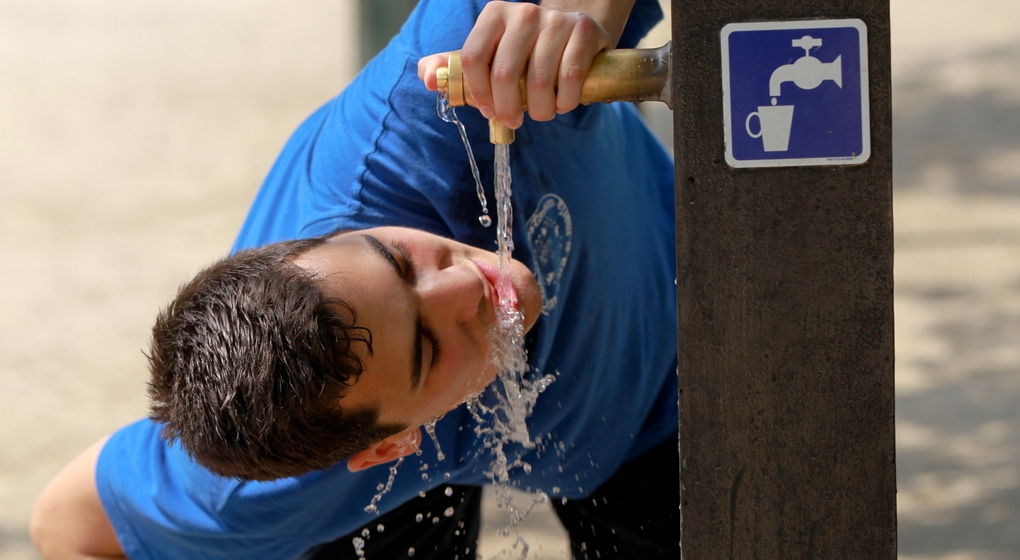The Conseil Supérieure de la Santé (CSS) has issued recommendations for restrictions on PFAS levels in bottled water and water used in the food industry. The restrictions are significant because they follow the discovery of high levels of the forever chemical's presence in Belgian drinking water.
The public health body gave its opinion after a request by the Federal Health and Environment Ministers Frank Vandenbroucke (Vooruit) and Zakia Khattabi (Écolo). It has proposed maximum levels for the presence of both polyfluoroalkyl substances (PFAS) and perchlorate.
Both substances are known as "forever chemicals" because they are man-made chemicals that do not break down in the environment. PFAS is present in drinking water, waterproof clothing, non-stick frying pans, food packaging, carpets and cosmetics. Perchlorate is a chemical compound used in the production of ammunition, explosives, fireworks and fertilisers.
The CSS confirmed that both substances "pose a health problem for the Belgian population". It recommends a maximum limit of 100 nanograms of PFAS per litre of water, therefore aligning with EU standards to enter into force in 2026.
More in depth
The 100-nanogram limit applies to 20 known and measurable types of PFAS. However, for four prevalent types of PFAS (PFOA, PFOS, PFNA and PFHxS), the CSS recommends that the limit be capped at four nanograms per litre. As it stands, only Flanders complies with this target while Wallonia and the Brussels-Capital Region are in excess. The CSS recommendation is expected to incentivise both regions to act quickly and lower PFAS presence accordingly.
Regarding perchlorate, the CSS sets out a maximum limit of 13 micrograms per litre, and just two microgrammes per litre for babies and young children.
The debate on PFAS has gathered pace in Belgium since a contaminated site in Zwijndrecht, Antwerp, was uncovered in 2021. Since then, PFAS presence in Walloon drinking water has made headlines, and now, the Brussels-Capital Region is questioning the extent to which the forever chemical permeates the capital city's water supply.

Brussels Environment Minister Alain Maron speaks to reporters after meeting Vivaqua officials. Credit: Belga / Hatim Kaghat
In November last year, Brussels Environment Minister Alain Maron (Écolo) confirmed that Brussels had never exceeded EU standards. He also explained that public water company Vivaqua performed monthly water tests to identify PFAS and other harmful substances.
Regular exposure to PFAS can be harmful to health, particularly for vulnerable people, infants, young children and pregnant women. They can disrupt hormonal balance and cause immune disorders, fertility problems and cancer. Perchlorate can alter the functioning of the thyroid gland by blocking the absorption of iodine.
The SCC proposals for restrictions came about in this context. The health body also calls for more regular monitoring and swift action in cases where limits are exceeded.

